Maximizing Value from Wastewater: A Practical Path to Sustainability
The Challenge of Industrial Wastewater Management In oil, gas, and chemical manufacturing operations, industrial wastewater management represents...
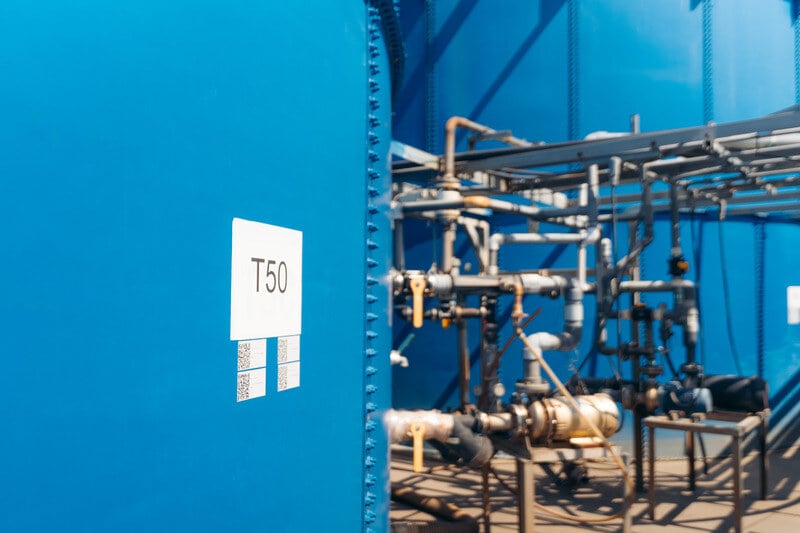
The Challenge of Industrial Wastewater Management In oil, gas, and chemical manufacturing operations, industrial wastewater management represents...
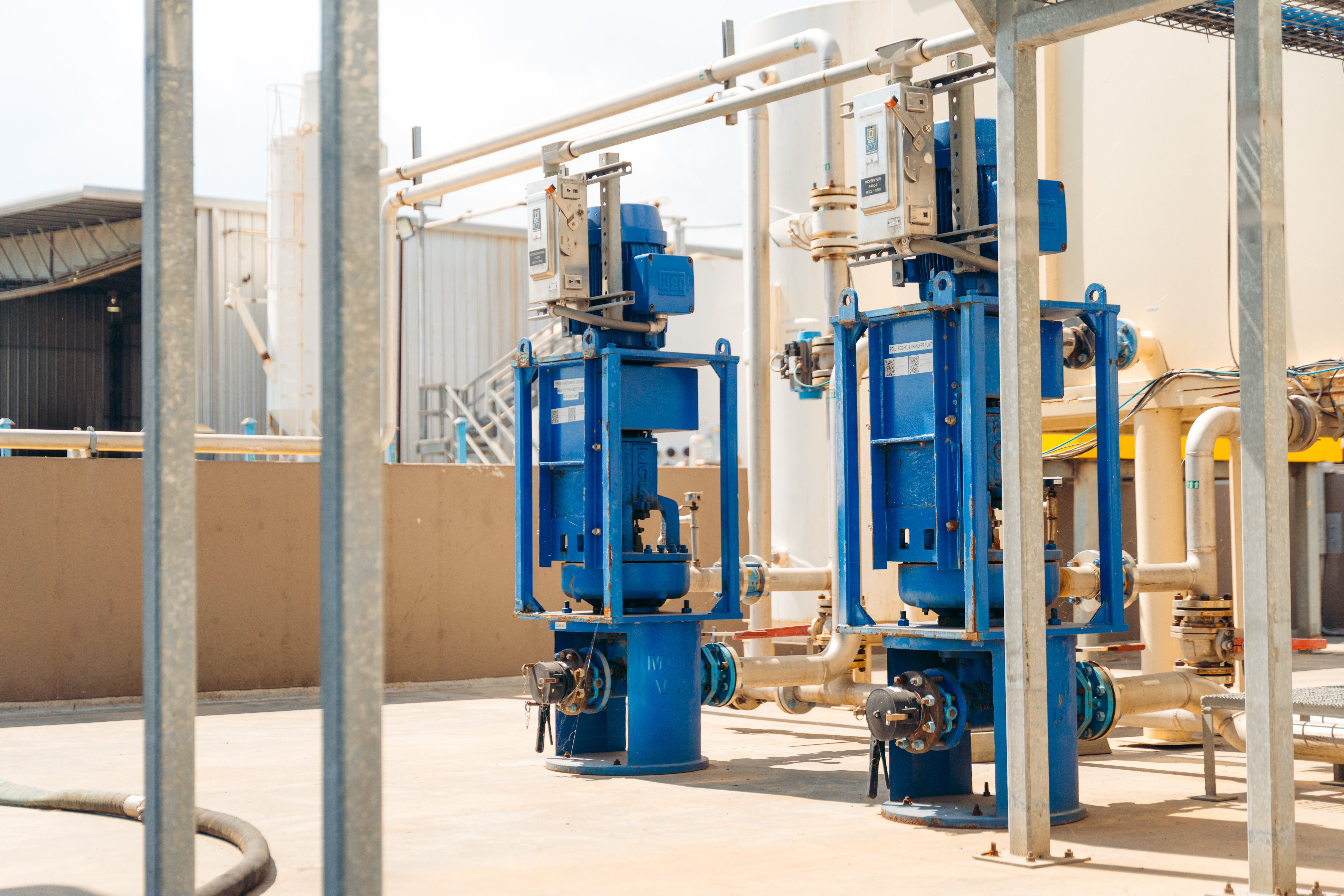
In February of 2024, The Amlon Group completed the acquisition of Amlon Golden Triangle, previously EcoWater Industries LLC. This facility is a fully...

Metals such as molybdenum, nickel, cobalt, and vanadium are vital to heavy manufacturing, powering processes for electronics to chemical production...

Catalyst recycling is essential for making industries such as petroleum refining, chemical manufacturing, and fertilizer production greener and more...
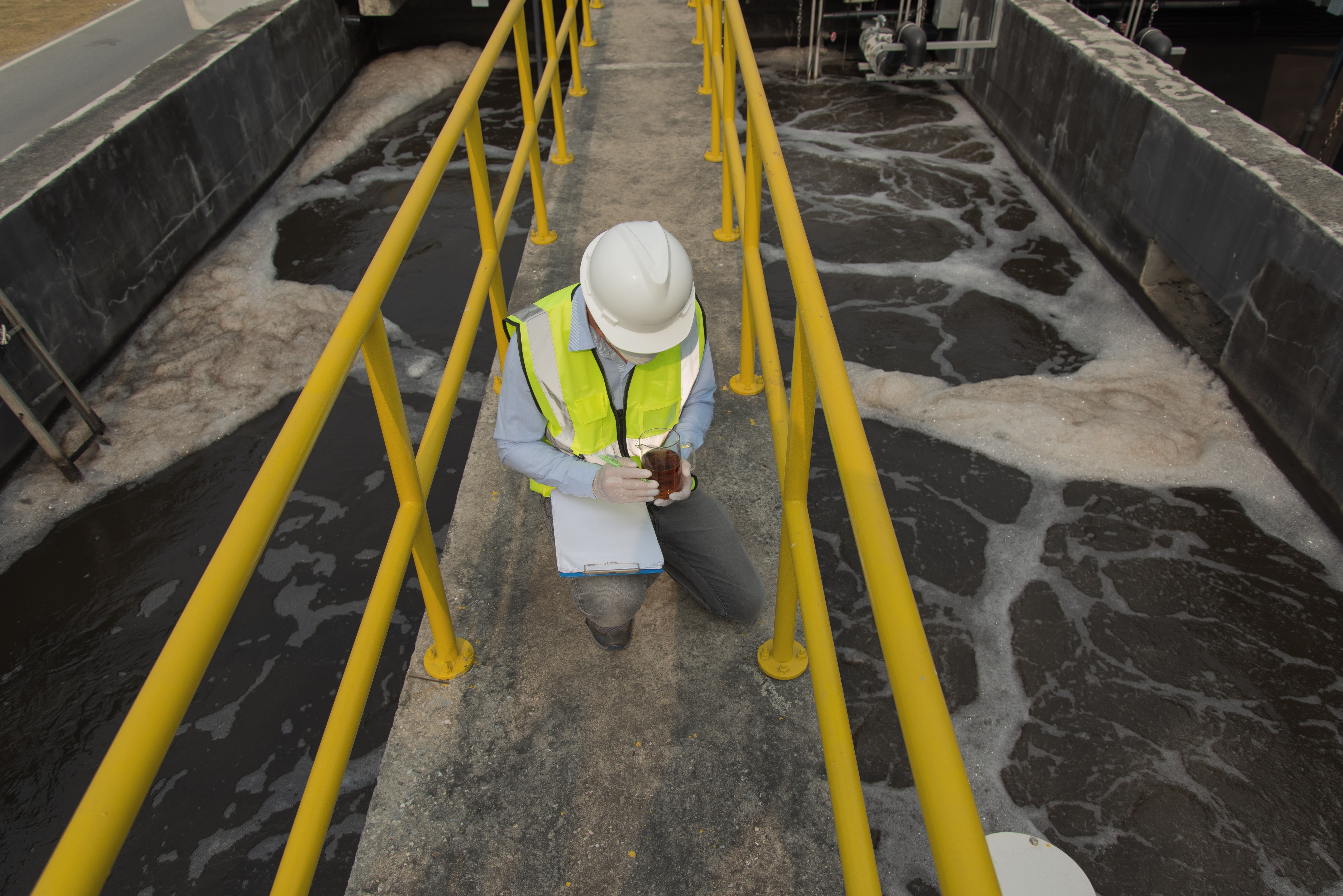
At Amlon Group, we're in growth mode and actively exploring merger and acquisition opportunities to bolster our capabilities and market presence. As...

The Amlon Group is redefining sustainability in the waste management industry by transforming hazardous waste into valuable, non-hazardous materials....
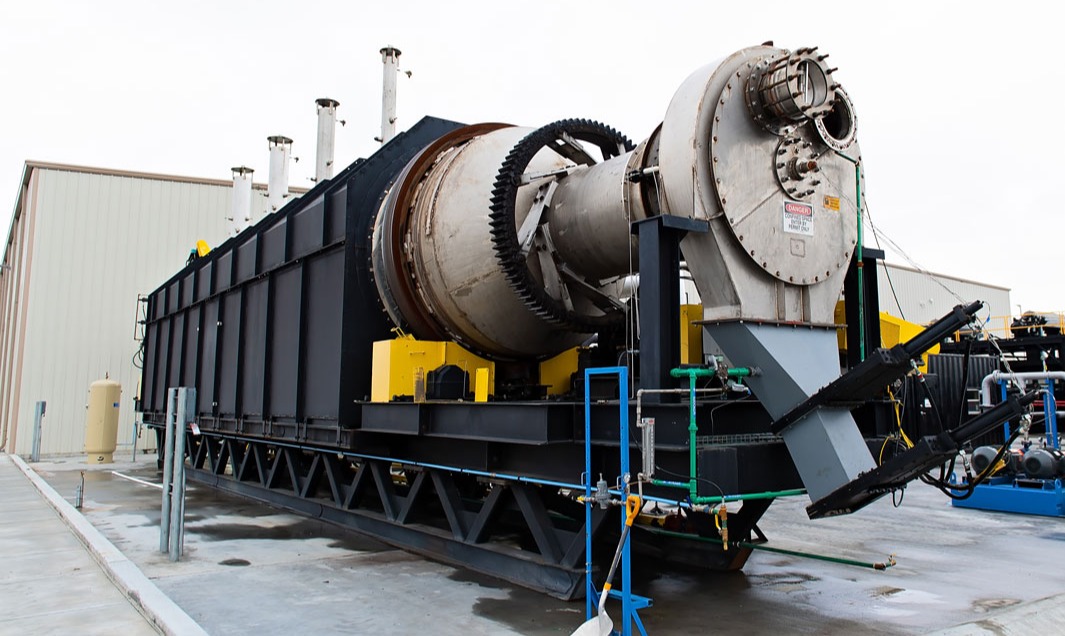
The 2015 Definition of Solid Waste (DSW) rule provided, in part, that hazardous secondary material generated and then transferred to a Verified...

Mark Wayne is the president of The Amlon Group, a recycling and environmental services company based in New York City. The group has facilities in...

The Amlon Group (formerly known as the Amlon Resources Group, LLC and Alpha Omega Recycling, Inc.) is pleased to announce significant growth through...
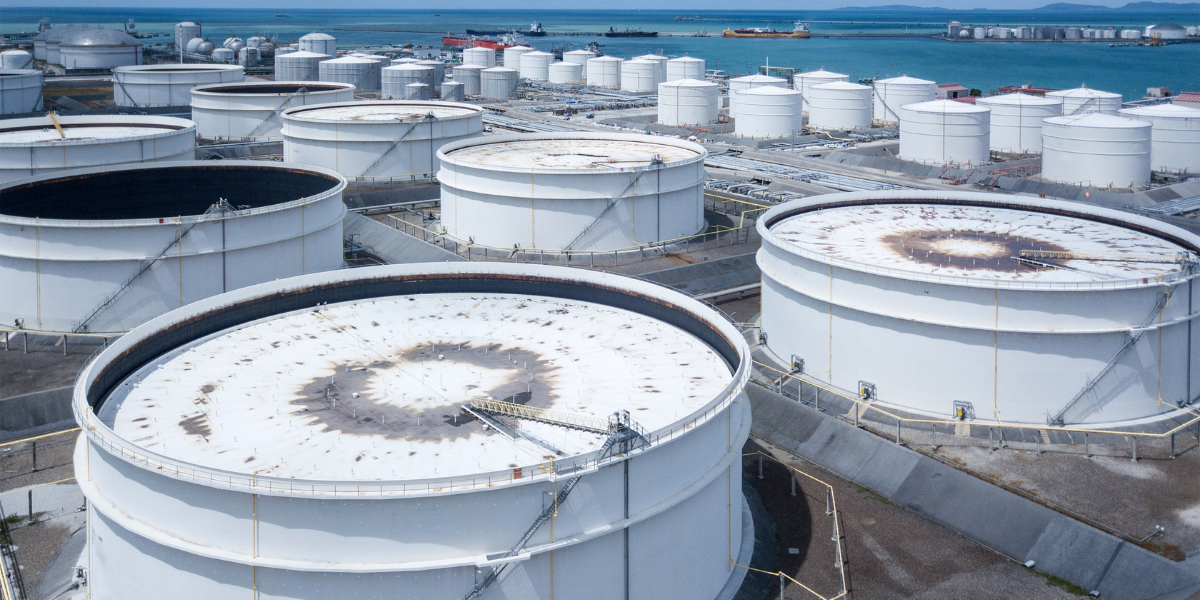
Decanter centrifuges play a big role in the oil reclamation process, a process that refineries often follow to efficiently manage their oil-bearing...